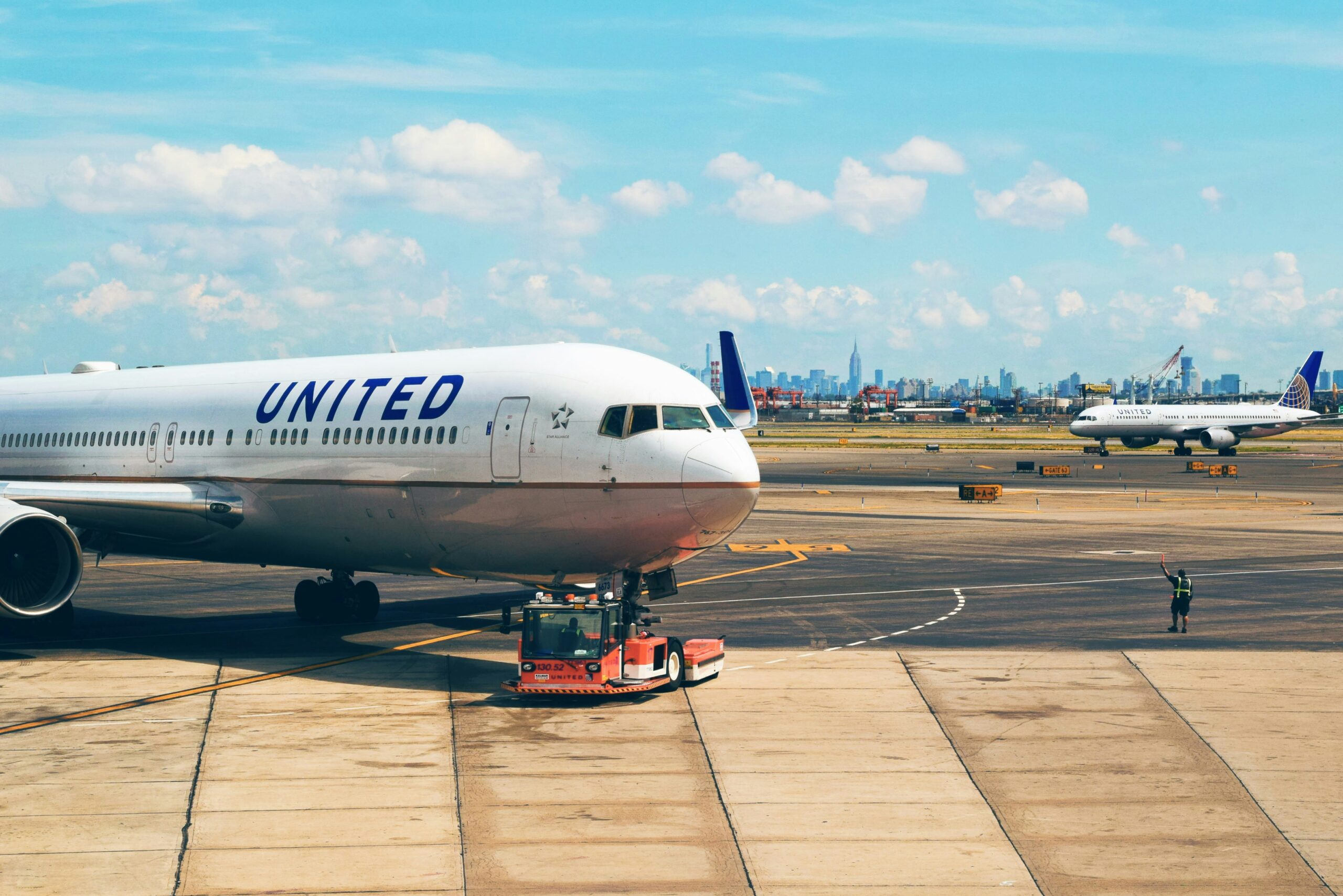As the nation looks for ways to reduce climate pollution, the state of Washington is opening applications for its Sustainable Aviation Grant program. The initiative, announced by the Washington State Department of Transportation (WSDOT), will support a range of innovations, from mobile battery-charging technology to hydrogen storage facilities and electric ground equipment, setting the stage for a revolution in airport operations.
“The purpose of the grant program is to support the adoption of energy efficient and clean energy airport infrastructure to reduce harmful aviation-related emissions, and transition airports to more environmentally sustainable operations,” WSDOT said on the agency’s website.
Aviation accounts for about 2.5% of global carbon dioxide emissions, and as air travel continues to grow, the need for greener alternatives has become increasingly urgent for governments in the fight against climate change. While federal programs are leading the way in incentivizing the production of low-carbon aviation fuels, Washington is among the first states — including California, Illinois and Minnesota — now exploring ways to fuel the transformation to cleaner air travel.
The funding for Washington’s program stems from House Bill 1125, passed during the 2023 legislative session. This legislation greenlit the current round of grants and charged WSDOT with identifying and recommending sustainable aviation projects. Eligible projects vary from planning stages to full-scale implementation, with a focus on innovations such as electrifying ground operations or utilizing hydrogen fuel to significantly reduce aviation’s carbon footprint.
For airports eager to tap into funding, the clock is ticking. Applications are due Aug. 16, 2024. WSDOT will then evaluate each proposal, weighing factors such as environmental impact, technological innovation, and potential benefits to communities. The department plans to submit a prioritized list of recommended projects to lawmakers, with successful applicants likely to see their sustainable projects take flight after July 1, 2025.
This aviation initiative is just one piece of Washington’s approach to reducing emissions across its transportation sector. The state is also making waves with its plan to electrify its ferry fleet – the largest in the United States – by 2040. These efforts are all part of achieving Washington’s goal to reduce greenhouse gas emissions to 45% below 1990 levels by 2030 and achieve net-zero emissions by 2050.
At the federal level, the Sustainable Aviation Fuel Grand Challenge, a multi-agency initiative, seeks to scale up sustainable aviation fuel production to 3 billion gallons per year by 2030. The private sector is also making an effort to reduce emissions. Aircraft manufacturer Airbus, for instance, is conducting feasibility studies for hydrogen fuel capabilities at major U.S. airports, including Hartsfield-Jackson Atlanta International Airport and George Bush Intercontinental Airport in Houston. Their goal is to produce the world’s first hydrogen-powered commercial aircraft by 2035.
Washington’s grant program puts it at the forefront of state-led efforts to reduce aviation emissions. But Washington is not alone: In 2023, Illinois passed a tax credit to compensate airlines $1.50 per gallon of sustainable aviation fuel used by aircraft operating in the state. Minnesota also has a tax credit, except it rewards companies that produce sustainable aviation fuel in the state.
In other states, the process of passing policy to incentivize environmentally friendly flight is still in process. For example, the California Air Resources Board is currently weighing a policy change that would apply low carbon fuel standards to the aviation industry.













